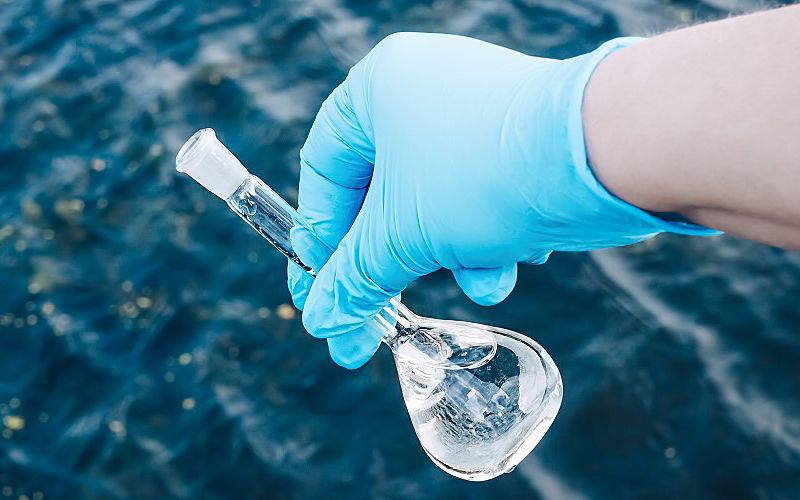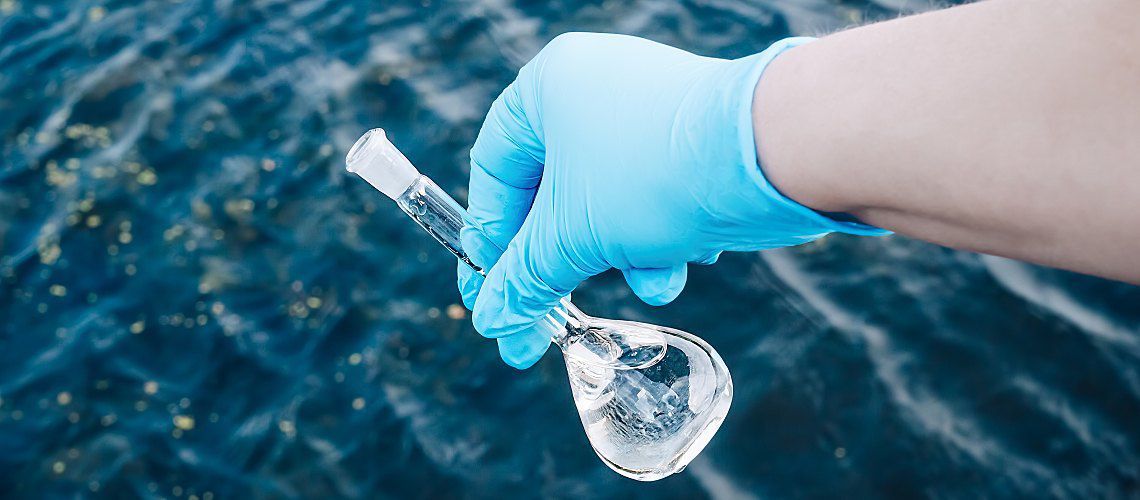Steps to Handle Requests for Water Tests Outside Your Offerings


Outside of the regulated tests in your menu of offerings, your lab can choose to include additional ones for unregulated contaminants. In fact, you may have already received requests from customers for noncompliance water tests. But what's the best way to handle an ask like this? And how do you decide if your lab should take on additional analyses?
Currents talked to two lab professionals who've found themselves in this situation. They shared the steps they take to deal with these circumstances without compromising their lab operations.
Ask If the Test Benefits Your Target Customer
One of the sources we spoke with is the analytical services manager for a large water testing lab that's an arm of a public drinking water utility. They deal primarily with wastewater and some surface water testing. They also provide analysis assistance to local park districts, boards of health, other nearby utilities, drinking water facilities, and industry clients.
They said that when a customer asks for an additional test, first and foremost, they always make sure that they're backing their primary function: supporting the water treatment plant. This, being their most important and primary "customer," always comes first. If a new testing category may benefit the utility, they will always consider it; if it doesn't, it'll be put on the back burner.
"If our analysis aligns with what our partners need, we are happy to offer something new," they said. "But our mission is not to help external partners first."
Determine If Your Lab Can Support the Test
We also spoke with the lab manager at an Environmental Protection Agency-certified water lab, which performs many physical and metal water tests on-site. They said they also get requests for tests not in their suite of normal offerings.
When this happens, they start by tracking the requests. If in doing so, more than a few clients ask for the same test, they look into what it will take to add that test to their offerings. Doing this requires consulting with labs they trust, ones that already conduct the tests in question.
Then, to determine if their lab can support the test, they set out to understand the required equipment and products, and the related maintenance needs. During this process, they consider the staff training time for the new test and if there's any additional education or certification required. They also take a look at their lab space to determine if they have room for new equipment and supplies.
Not every lab can support all tests, so don't beat yourself up if you decide not to take on additional offerings. If you can't perform the test yourself, you may still be able to help the customer by supporting their other analysis needs.
Consider Subcontracting With Other Labs
If you find it's not feasible or profitable to offer a requested test, connect with other local labs that provide the service.
The manager of the EPA-certified lab regularly sends work to nearby trusted labs, and will often refer their customers to these labs because they know the work will be done well. If they have enough customers asking for the same test and have already determined that their lab cannot add it to their offerings, they'll work with one of these nearby labs to subcontract the work.
Subcontracting saves customers both time and effort, as they won't have to deliver samples to two different labs. The lab manager said they make subcontracting arrangements ahead of time, with an agreed-upon drop-off time and price.
Subcontracting gives the contracted lab valuable work. It works the other way around, too: If a partner lab gets a request they can't complete, they may send the work your way. That's why it pays to know and be friendly with the lab managers in your area.
Keep Up to Date on Industry News
Knowing what's in the pipeline for water testing can also be valuable when assessing whether a test should be added to the mix.
The analytical services manager said their lab is always watching for what's on the horizon. They expect per- and polyfluoroalkyl substances will be hitting the drinking water industry next, and they want to be able to test right when new requirements go into effect. In fact, they're already researching the tests done for the substances, the equipment they will need, and the training their staff will require.
You know your customers the best and what they may need in the future. Go a step further and try to predict what will go by the wayside and what's coming next to ensure your offerings stay aligned with your clients' needs.






